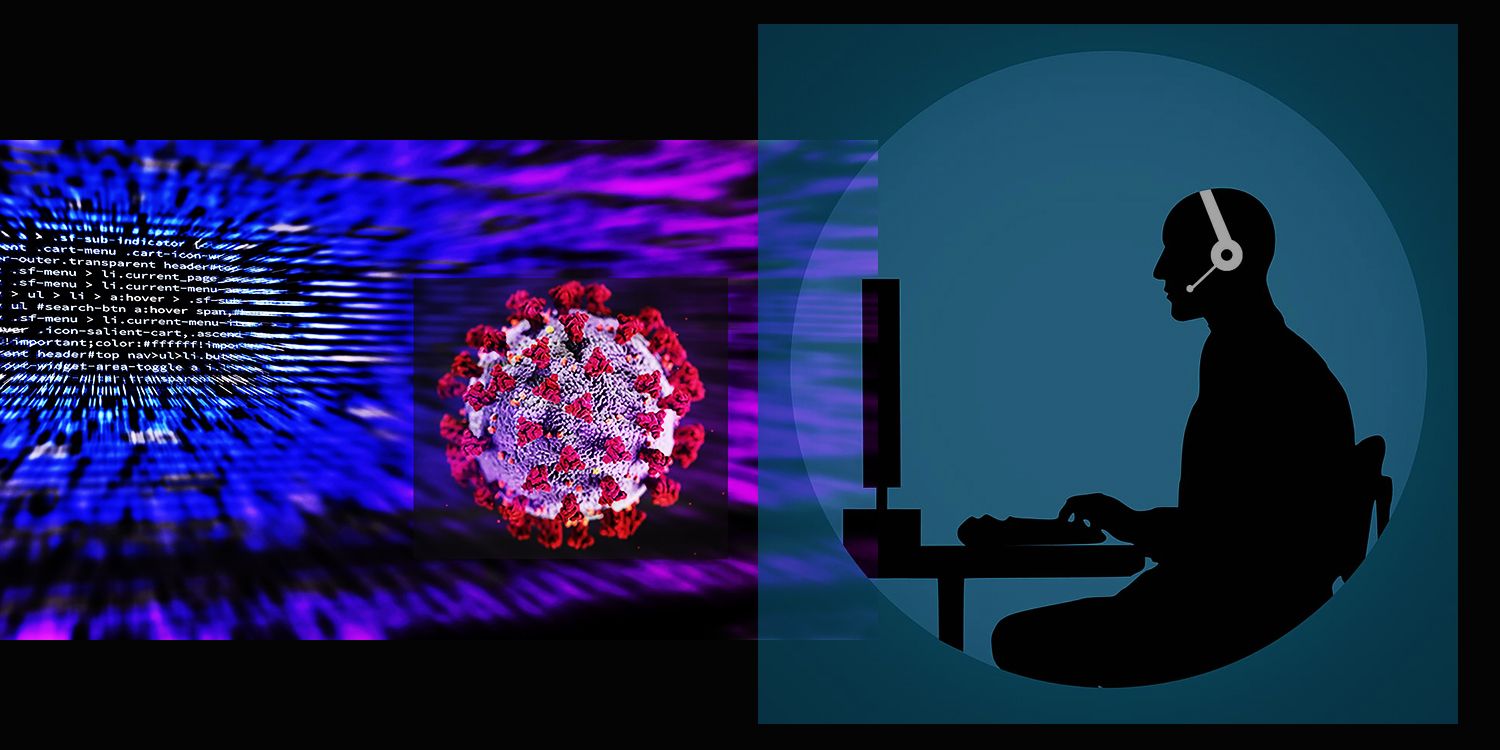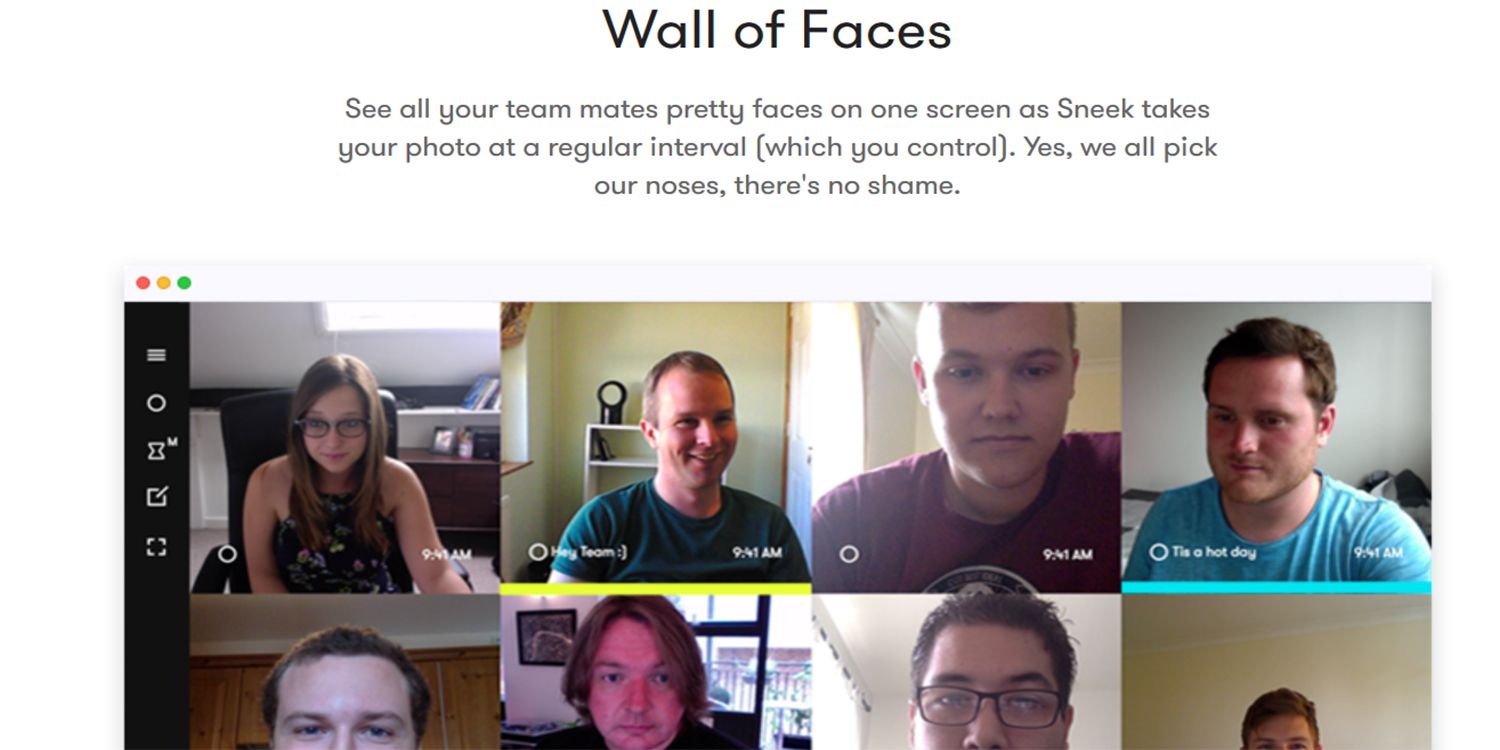Some companies are spying on their employees working from home during the coronavirus outbreak. This follows the already existing debates regarding the use of mass-surveillance to track the pandemic and adds one more to the growing list of coronavirus-related privacy concerns.
With the pandemic forcing large-scale lockdowns, companies are having to let their staff work remotely and governments are being forced to find ways to track the people from afar. While a large number of people working from home is causing a huge increase in the usage of certain apps, including Slack and Zoom, government authorities are looking at surveillance tools to track and contain the outbreak. The US government has also started using phone data to track the virus spread. Previously, the Israeli government revealed the existence of a vast trove of phone data on citizens right before announcing the same data was going to be used for coronavirus containment. This, obviously, raises serious questions regarding the privacy of users.
As reported by Business Insider, companies are using technology to keep an eye on employees while they work from home. While it is possible to argue that use of phone data by governments might be necessary considering the extraordinary circumstances, this is quite different to employers spying on employees inside their own homes. While managers are there to supervise, some of the details here go well beyond typical office supervision.
How Are Companies Spying On Employees
The software companies are using to spy on workers is called Sneek. The group video-conferencing app features a "wall of faces" made of images of those being watched. The images are updated every one to five minutes with pictures automatically taken by the webcams. Although Sneek allows users to control their webcams, managers who want to check on their staff might not let them. Users, including managers, can even drop employees in surprise video-calls by merely clicking on one of the faces, which initiates the call without any permission from the other end. While those at Sneek argue this is not designed to be a surveillance tool, the reality appears to be that companies have been signing-up fast to use it as a employee-spying platform.
It is understandable that companies want to keep up productivity. However, this should not come at the price of a serious privacy threat to workers. Attempts to track coronavirus are already raising privacy concerns and there is a danger that privacy is slowly being eroded by companies during the pandemic. The least companies can do now is try not to contribute even more to the issue.
Source: Business Insider


